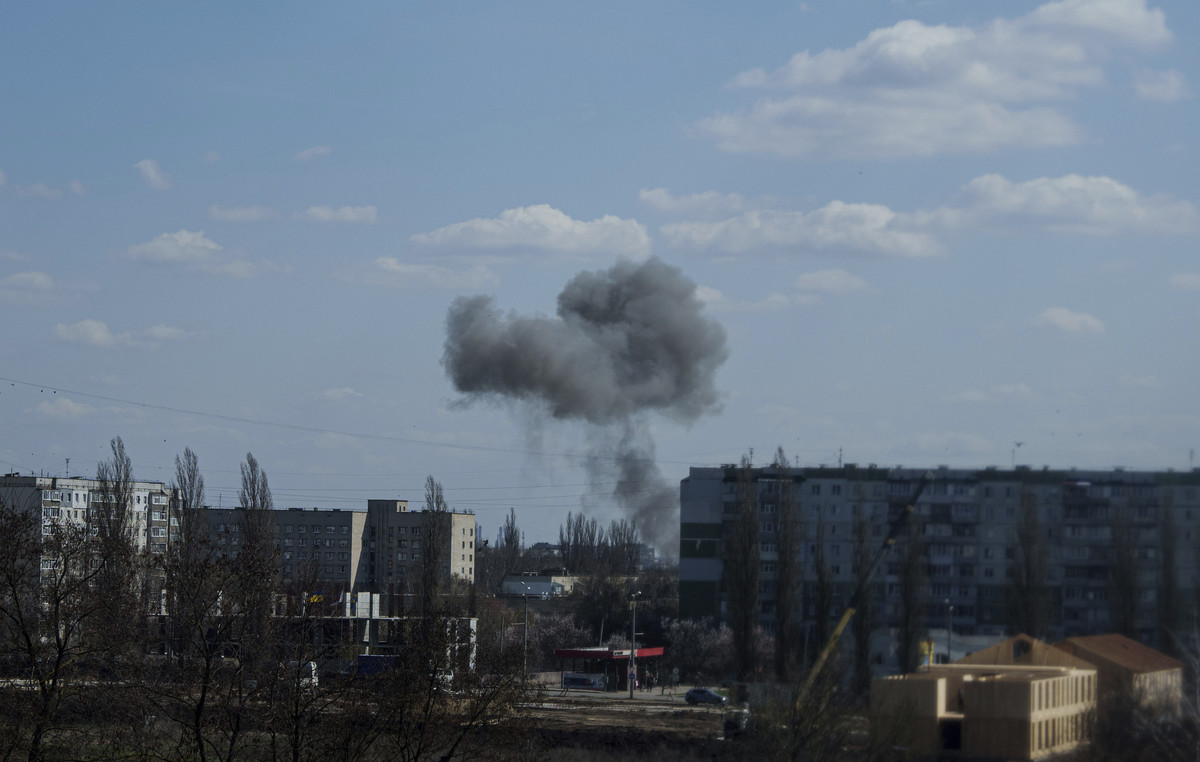In recent months, the border between the American city of San Diego and Mexico has become one of the busiest crossings for immigrants seeking refuge and opportunities in the United States.
Several immigrant families wait for Border Patrol agents after crossing between countries. Some of them took their children, including babies, along the remote stretch of California desert.
In May, Reuters reporters found Colombians, Ecuadorians, Peruvians, Turks, Brazilians, Jordanians, Egyptians, Indians and Chinese among the immigrants – a more diverse group than the Mexicans who made up the bulk of immigrants in previous years.
The high volume of crossings has sparked a political storm for US President Joe Biden as the Democrat seeks re-election in November.
Republicans and their likely presidential candidate, Donald Trump, criticize Biden’s immigration policy.
The Democratic administration expects the number of immigrants crossing the country to drop following the announcement this week of a broad asylum ban.
According to the Biden administration, high rates of arrests at the border triggered the measures, which took effect immediately. The new rules include exceptions for unaccompanied children, people facing serious medical or safety threats and victims of trafficking.
In April, about 30% of all Border Patrol arrests on the US-Mexico border occurred in the San Diego sector, according to US Customs and Border Protection data.
This fiscal year that began in October, there have been more than 1.16 million immigrant apprehensions across the border so far.
Colombians waiting at the scene say that their country has become very dangerous and that they have received threats against their lives.
“There have been threats against me,” said Edward, a 35-year-old teacher who asked that only his first name be used.
“Where we lived, there was a lot of insecurity. And unfortunately, from February onwards, they started threatening us and we decided to come here,” she added.
The man crossed with his wife Luisa and their 11-month-old daughter. The couple hopes to reach New York.
Descending the fence, groups of migrants travel to a mountainous, rock-strewn area where there is a break in the border fence. They go around the fence and head to areas where they will be caught by Border Patrol.
Kali Kai Braun, 49, a property manager at a shooting range right near the U.S. border, said large groups began arriving in the middle of the night.
Recently, the man witnessed a group of 70 to 100 immigrants crossing at 1 a.m. and stayed awake to ensure they did not enter the property.
Typically, Braun sees an average of 30 to 40 immigrants a day, most crossing in the morning.
Immigrants wait in the heat without shelter and shade
Most migrants walk to outdoor locations, and in the afternoon they are lined up and a Border Patrol agent takes photos of their documents and faces and puts them on buses to take them to a processing center.
Local resident Karen Parker, 61, brings water, snacks and medical supplies to waiting migrants.
Parker was spurred to help them when an immigrant woman screamed in front of her home a year ago because she had lost her children.
“So I went looking for her children and found 1,000 people from all over the world,” the woman said.
Parker said that last winter and summer, migrants were waiting at the border fence for longer periods of time.
Jacumba Hot Springs in southeast San Diego has long been a hotspot for immigrants, but residents witness what Parker calls “hundreds of traumatized people every day.”
“I would like to see our government, the Border Patrol, take some responsibility and improve the conditions of this camp, the safety of the children and families that are here in this area,” said the local resident.
Parker adds that she wishes transport operations would pick up children more quickly so they wouldn’t have to wait in the heat without shelter and shade.
On April 3, a federal judge ordered U.S. border agents to “expeditiously process” all children leaving “open-air” detention sites.
The decision was made under a long-standing, court-mandated settlement over the treatment of immigrant children in federal custody, known as the Flores settlement.
U.S. Customs and Border Protection did not respond to a request for comment.
Source: CNN Brasil
Bruce Belcher is a seasoned author with over 5 years of experience in world news. He writes for online news websites and provides in-depth analysis on the world stock market. Bruce is known for his insightful perspectives and commitment to keeping the public informed.







